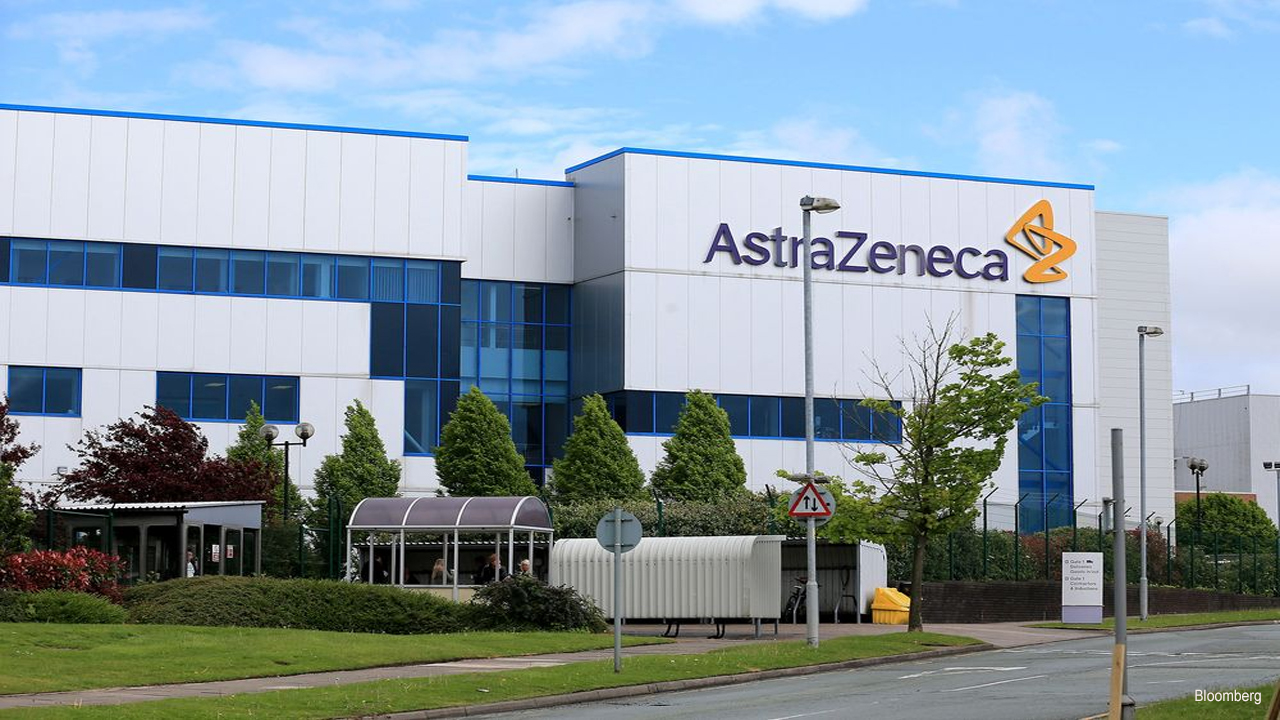Long-term follow-up results from the positive ACE-LY-004 Phase II trial showed patients with relapsed or refractory mantle cell lymphoma (MCL) treated with Calquence (acalabrutinib) remained progression-free for a median of 22 months, with median overall survival not yet reached at three years of follow-up. The safety and tolerability profile remained consistent. These results were presented at the 62nd American Society of Hematology (ASH) Annual Meeting and Exposition on 6 December 2020.
MCL is typically an aggressive, rare form of non-Hodgkin lymphoma (NHL) that accounts for nearly 6% of all NHL cases and is mostly found in males during their early sixties.
At a median follow up of 38.1 months (range: 0.3-59.5), 55 patients (44%) either remained on treatment (24 patients) or continued to be followed for survival (31 patients). The safety profile remained largely unchanged from the last analysis at 26 months, with only 14 patients (11%) having discontinued treatment due to adverse events (AE).
Michael L. Wang, MD, Professor, Department of Lymphoma/Myeloma, The University of Texas MD Anderson Cancer Center, and principal investigator of the ACE-LY-004 Phase II trial, said: “Mantle cell lymphoma is an aggressive, difficult-to-treat blood cancer that is typically diagnosed at an advanced stage and often becomes resistant to treatment. This data shows that patients treated with acalabrutinib experienced deep responses over time, while the safety profile remained largely the same, including low rates of Grade 3/4 events, cardiac events and bleeding events, which are important in this patient population.”
José Baselga, Executive Vice President, Oncology R&D, said: “These results add to the mounting evidence that Calquence can provide sustained responses in patients over more than three years. Calquence is an important chemo-free treatment option for relapsed or refractory mantle cell lymphoma and is rapidly being embraced across the clinical and patient community.”

 Patients with relapsed or refractory mantle cell lymphoma (MCL) treated with Calquence (acalabrutinib) remained progression-free for a median of 22 months.
Patients with relapsed or refractory mantle cell lymphoma (MCL) treated with Calquence (acalabrutinib) remained progression-free for a median of 22 months.









.jpeg)








.png)
.png)

.png)
.png)
.png)

.png)
.png)
.png)

.png)
.png)